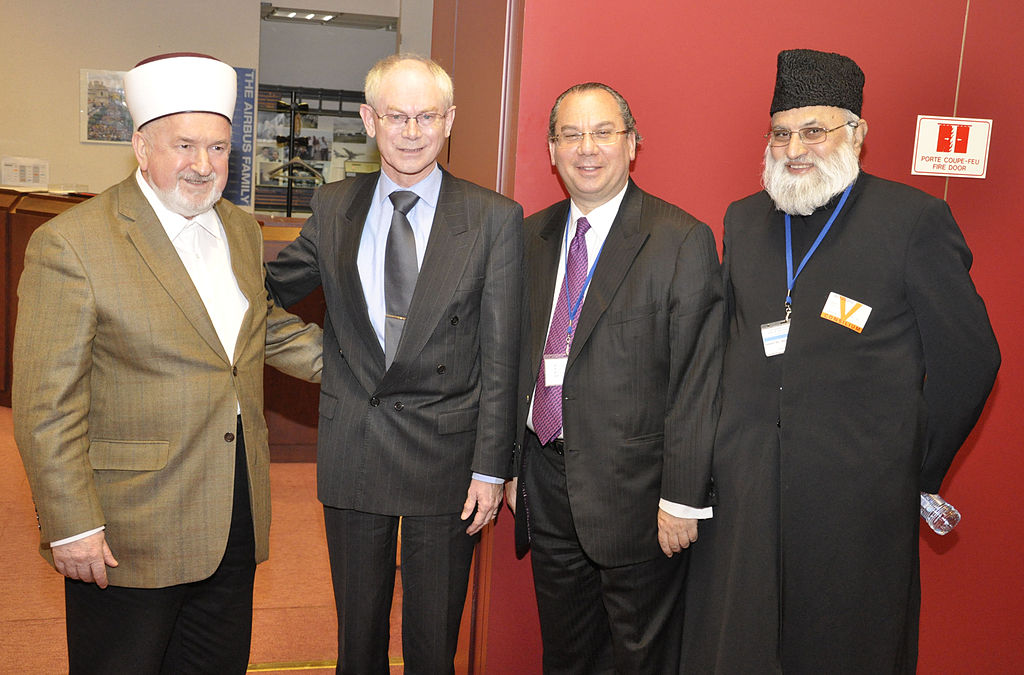| << Chapter < Page | Chapter >> Page > |
The most basic role of them all is that of the common believer, the so–called "person in the pew". In a way, this is the one role we all play if we belong to any religion. Even if we graduate into a more important position, we never stop just simply being a member of our religion.
Here are some terms that are used to describe the common believer in different religious traditions: layperson, lay member, adherent, congregant, devotee, disciple, parishioner, practitioner.
Although the terms in the above fact file are roughly equivalent, they are still not exactly the same. Use a good dictionary to find out the more exact meaning of each of these words. Also, some of these words tend to be used predominantly in one religion, or in one branch of a religion.
A very special function among religious people is that of the person who acts as an intermediary between the divine and the people. The most important role here is that of the prophet . A prophet is thought to receive direct communications from God, and can then communicate God's wishes to the people. Prophets are most commonly found in religions that emphasise God's role as creator and divine king.
You have already encountered the names of a few prophets: Muhammad, of course, and Moses and Isaiah in Israel. But according to some, prophethood did not end long ago. The Baha'i Faith sees Baha'u'llah as the most recent prophet. In African Initiated Church circles, you may hear names such as Shembe and Lekganyane spoken of as modern–day prophets.
Another form of mediation is that of the priest . In this case the mediation is performed by means of ritual. In Catholicism, the mass is the central ritual by means of which God and people are reconciled, and this must be performed by an ordained priest. The priest is therefore the link between God and the common worshipper. Similarly, Hindu priests offer worship on behalf of the people and mediate between them and the gods.
In some religions, like Catholicism, priests must be celibate : they are not allowed to marry or to have sexual relations of any kind. In other cases, priests are expected to marry and produce the next generation of priests. This is the case, for instance, with the Hindu priests.


Notification Switch
Would you like to follow the 'Learning about religion' conversation and receive update notifications?